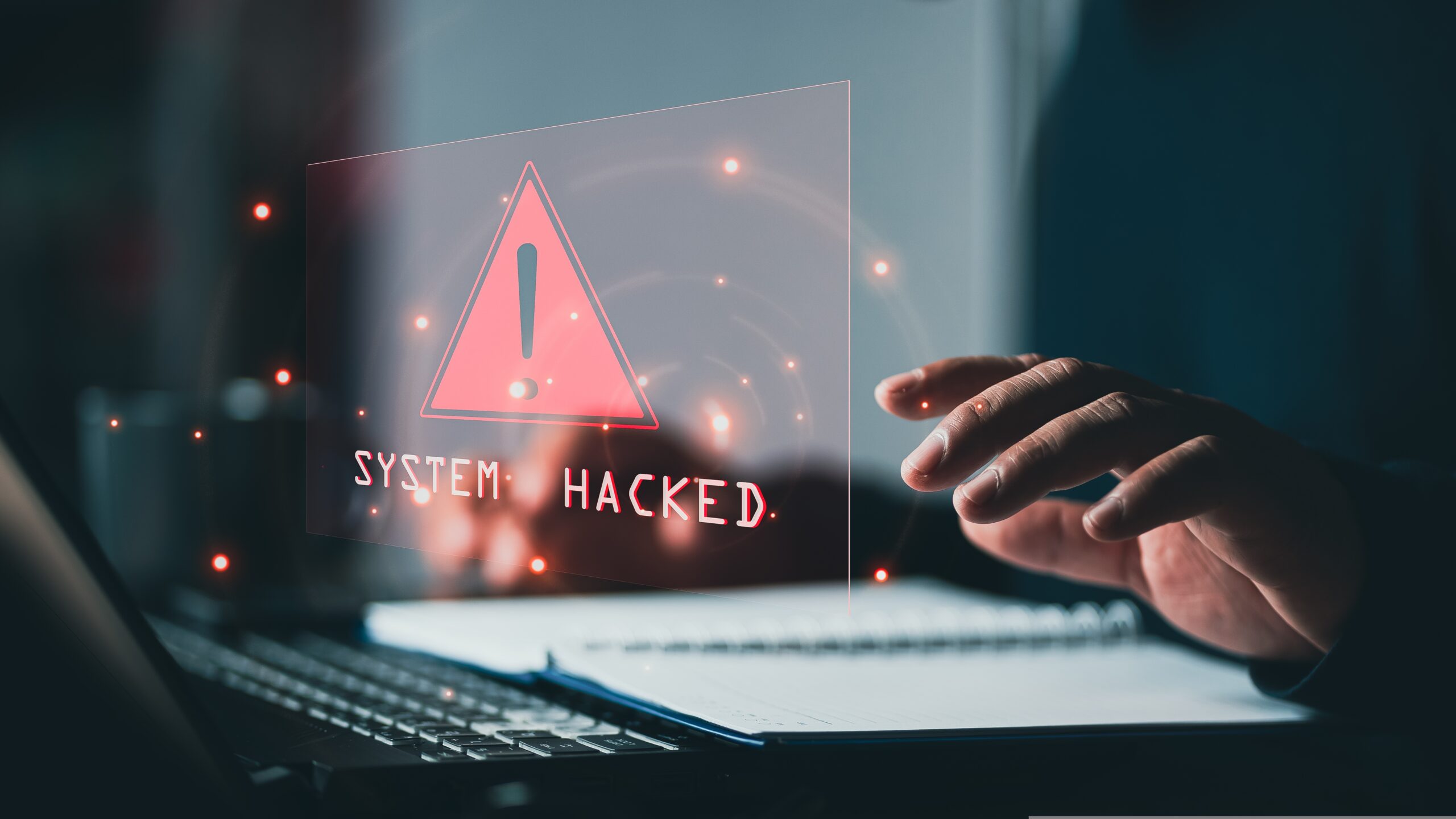Lesotho is embracing the internet like never before. But alongside growing connectivity comes a hidden threat: cybercrime. From phishing scams and malware to cyberbullying and digital fraud, cyber threats are rising across the country, affecting individuals, small businesses, and even national infrastructure. This article explores how Lesotho is grappling with the realities of cybercrime and what can be done to stop it.
The report highlights that cybercriminals are exploiting critical gaps in Lesotho’s digital ecosystem. A staggering 72% of citizens surveyed lacked even basic cybersecurity awareness, leaving them vulnerable to scams. Outdated legal frameworks struggle to keep pace with rapidly evolving cyber threats, and there is a severe shortage of trained cybersecurity professionals. Economic pressures, particularly high unemployment and poverty have also made some view online crime as a means of survival. “I saw people making money online through scams. I thought it was my only way out,” admitted one young respondent.
To respond to this growing crisis, a comprehensive, multi-pronged strategy to strengthen Lesotho’s digital defenses must be implemented. First, nationwide cyber awareness campaigns are essential. Through school programs, social media, and radio, the public must be educated on how to recognize and avoid cyber threats. Second, Lesotho needs stronger, modernized cybercrime legislation and improved coordination among law enforcement, the judiciary, and technology experts. Third, the country should invest in cybersecurity training programs and partner with international institutions to build a skilled local workforce.
Digital literacy should also be introduced from a young age, with school curriculums including basic coding, cyber hygiene, and safe internet practices. Investment in national cybersecurity infrastructure, such as firewalls, cybersecurity centres, and threat monitoring systems, is equally crucial. Empowering communities through grassroots workshops can transform everyday citizens into frontline defenders against cybercrime. Addressing cyberbullying requires clear legal protections and dedicated school-based interventions. Cooperation between government and the private sector is also key to developing practical solutions and sharing intelligence.
To retain local cyber talent, Lesotho must offer competitive salaries and incentives to prevent brain drain. Lastly, international collaboration is essential. Sharing resources, strategies, and legislative models with regional and global partners will enable Lesotho to build a robust, future-proof cybersecurity ecosystem.
The message is clear: Lesotho must act now to safeguard its digital future. Cyber threats are becoming more frequent and sophisticated, and only a coordinated, inclusive response can protect the country’s citizens and economy. “Cybersecurity demands a symphony, not a solo act.” Whether you’re a policymaker, educator, technology provider, or simply a citizen with a smartphone, you have a role to play in building Lesotho’s digital resilience.
If you need legal advice on digital fraud, privacy breaches, or cybercrime in Lesotho, contact Mayet & Associates at admin@mayet.law for expert support and guidance.

